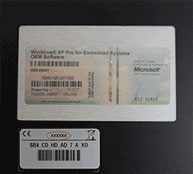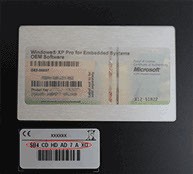Industrial computers have evolved at dramatic rates, with varied sectors adopting it at different paces. The medical industry is one that lagged behind for some time but has now fully embraced the use of panel computers. What seemed like a far-fetched concept years ago has now become part of the norm.
The use of a medical panel PC has become quite popular in various operations, ranging from patient entertainment to operating robotics. Even though a panel PC is structured to provide normal computing needs, its design is unique to the non-standard environment that the medical field comes with.
Portability
One advantage that a medical panel PC offers is portability and uncomplicated operation. Panel computers are constructed to be compact with the motherboard, display and other electronics all in one enclosure. The compact design allows for easy moving from one setting to another, especially when it is mounted on a movable rack.
Better Imaging
The industrial build of panel computers makes them reliable when gathering data and conducting imaging operations. A medical panel PC that is connected to imaging equipment such as an MRI or CT machine will provide better image quality than traditional computers.
Data Presentation
Data presentation on a medical panel PC with a touch display is clearer and more accurate because computers for use in the medical field are designed with industrial-grade touch screens to survive the toughest conditions.
Bigger Storage
Computers for industrial use come with large internal storage and slots for expansion cards, thus negating the need to have external storage. It also saves money when a hospital can manage to store large amounts of information on panel PCs.
A majority of the information stored on medical computers is highly sensitive, which is why the added security on panel PCs is very beneficial.
Sources:
Uses of Computers in the Medical Field That Can’t Be Overlooked, buzzle.com
Panel PCs Tackle Next-Generation Small Medical System Requirements, rtcmagazine.com


